As the hashtag the hashtag #SaccageParis, the presence of elected representatives on networks, twitter in particular, is both essential and liable to backfire...
Surrounded by social network-savvy collaborators, elected officials now enjoy à la carte online visibility. This major upheaval in the codes of political communication raises two issues. The first, relatively cosmetic, is the undermining of the authority figure once represented by the omniscient and omnipotent elected official, through the institution of a form ofegalitarianism of discourse, aggravated by pseudonymity. Twitter, the Flavian amphitheater of the Internet, seems to condemn decision-makers betting on online visibility to inexorable battles, like gladiators subjected to the pollice verso (thumbs down) of subscribers who make and break reputations. This new arena, which in this case takes on the appearance of an aviary, raises the question of the legitimacy of those designated by suffrage to hold the reins. How can a decision-maker's natural authority be asserted amidst swarms of sharp-feathered activist-experts? The reversal of power relations between those who govern and those who are governed is complete.
The second, and more crucial, is the need to adapt political responses to the new constraints of this super-direct democracy. Bound by a timetable and an audience over which they no longer have complete control, decision-makers have to deal with the often contradictory double imperative of giving a factual account, with supporting evidence, of their mandates, but with the awareness of the paradox that, on the networks, those you talk to... are not those who elect you.
Its launch in April 2021 had earned the Capital a burst of media attention: the hashtag #SaccageParis has dictated, for almost two years now, a large part of the Parisian local authority's online response strategy. Immersed in virtual interfaces with no rules and no referees, those who govern discover with horror the strike force of dematerialized activists who profoundly question, beyond the method, the municipality's political project. In response to these challenges, in November 2022, the town hall launched a daily "anti-fake-news" post, a spread of facts that are effectively sourced but, like everything else, politically debatable (which is indeed the crux of the matter for its detractors), thus falling into the pitfall of a riposte disconnected from the real object of the criticism levelled at it. This feigned naïveté, which removes the political subject from the debate in favor of apothecary calculations of a priori incontestable truths, ultimately further weakens the communication of these elected officials: they find themselves locked into a conception of public action limited to cold facts, whose objectivity (if any!) does not always translate into positive perception by the electorate.
Combating the disintegration of political discourse, which has already begun, means putting visions back at the heart of democratic controversies, including online ones, while taking care not to participate in discursive inflation, and avoiding "bullshit", which has become very risky. It's a recipe that's hard to put into practice in the age of all-communication...
Edouard Jouannault,
